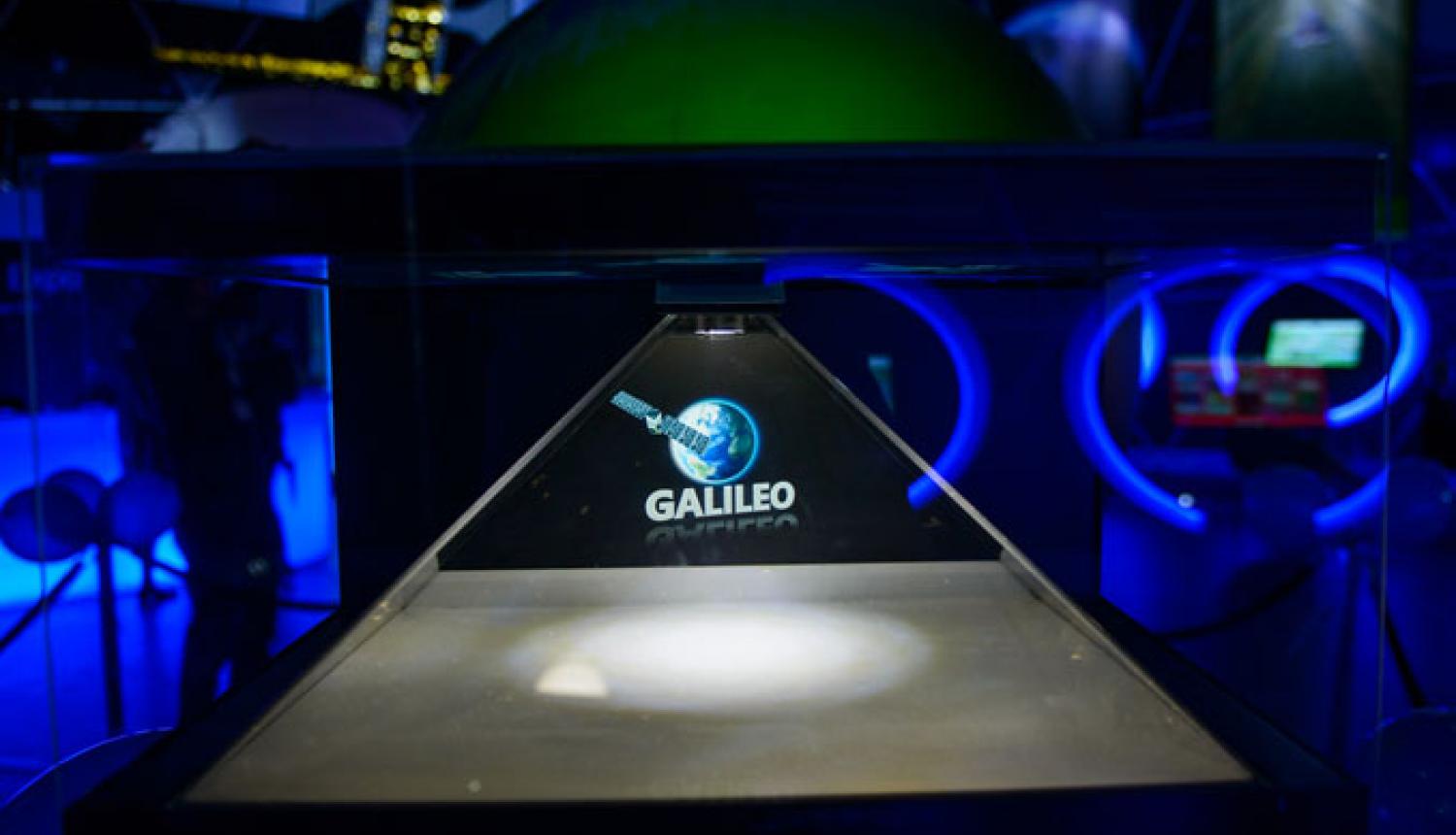On 19 May, the seminar on “Satellite resources: opportunities for the Baltics. Benefits for society, business and public administration” in Riga brought together small and medium-sized businesses and policy-makers from the Baltic States to discuss the necessity to optimise resources and expertise to increase the use of satellite resources in the region. These resources are available free of charge to any interested party from the satellites launched within the framework of the European Union’s space programmes: COPERNICUS and GALILEO / EGNOS.
The seminar was opened by Mrs Agrita Kiopa, the Deputy State Secretary at the Latvian Ministry of Education and Science who expressed that following Latvia’s recent accession to the European Space Agency (ESA) and the signing of the first four agreements on the implementation of ESA and Latvian space industry projects, this is the right time to focus on the use of satellite resources. Mrs Kiopa stressed that currently the work on smart specialisation implementation and R&D tool development is being carried out and for this reason she is encouraging the Latvian space industry to take an active role in the discussions about their content.
Representatives from ESA and the European Commission demonstrated how to access Earth observation data and use them in many different fields such as meteorology, quality monitoring of sea and ocean water, climate change monitoring, and many others. It is expected that the demand for satellite resources will only increase in the future. Although the use of resources by public administration at national and regional level is practiced for almost ten years in agriculture, aviation, marine and forest monitoring, public administration does not manage the resources effectively, at times duplicating the expenses and not using the data to its full extent. Satellite resources are most needed in situations of crisis or emergency when every cent and minute is of immense value.
Latvian companies MapOn and Novero.lv presented their products that currently operate using the USA’s Global Positioning System (GPS), the Russian Glonass, and even China's BeiDou system resources. The companies are ready to use the GALILEO navigation system when it will start operating in about a year. Afterwards, representatives from the Estonian company Regio and international organisation HELCOM demonstrated how they use the data from Sentinel 1a, currently the only satellite under the EU COPERNICUS programme, and from other satellites for a fee.
In the final panel discussion, representative from the University of Tartu Mr Urmas Kvell emphasised the need for the Baltic States to combine existing infrastructure and professional capacity to develop a regional infrastructure that would allow to download and pre-treat large-scale Earth observation satellite data (the so called Big Data). It would thus provide support for both new business and new product development, and ensure the saving of public resources.
It is not possible to distinguish where the use of space resources begins in our daily lives, as they are used more extensively every day. A substantial and fast development of space industry is not possible unless governments expressly acknowledge that the Baltic States actually have a space industry. The "space" concept needs to be used in policy planning documents, and to expand the range of benefits and beneficiaries, practical promotion of the development of this sector is required. The government thus would also send a clear message to the general public that the Baltic States have a great potential in this specific area.
The seminar was organised by Ventspils High Technology Park Foundation, which is the Latvian Space Technology and Services Cluster Coordinator, in collaboration with Eurisy international organisation which has 25 years of experience in the promotion of space assets.



